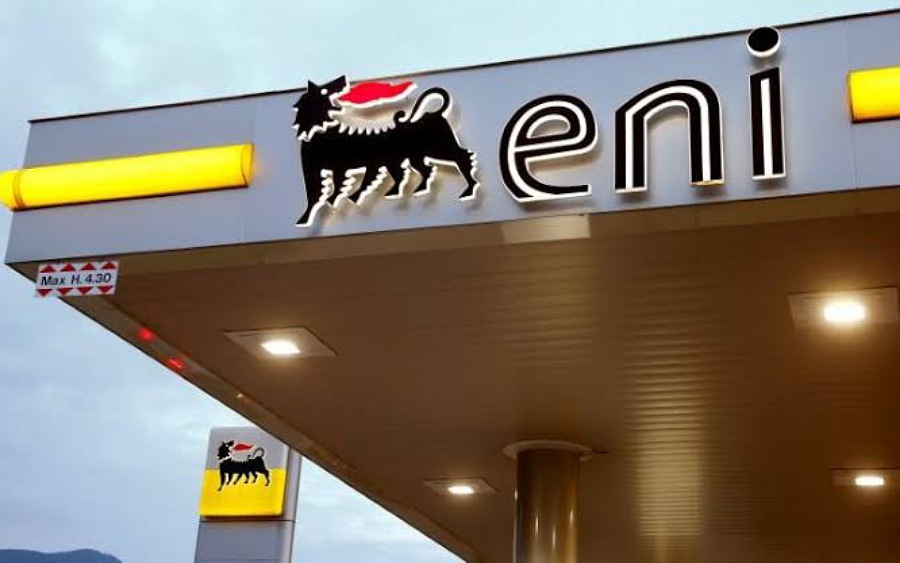Nigeria Liquified Natural Gas Limited (NLNG) has signed a sale and purchase agreement with an Italian oil major, Eni for some of the remarketed volumes of Liquefied Natural Gas from NLNG’s Trains 1, 2 and 3.
The agreement, which will reportedly be effective for 10 years, would help the company take up position among the top LNG companies with plans to grow its market share. The duo also signed the agreement in order to continue to deliver the LNG globally.

According to the statement released by the company and signed by its General Manager, External Relations, Eyono Fatayi-Williams, 1.5 million tonnes will be supplied per annum for the duration of the contract.
The detail of the deal showed that the product would be supplied on a delivered ex-ship and free-on-board basis. The NLNG also stated that the agreement signifies customers’ confidence in NLNG as a trusted, safe and reliable LNG supplier in the world.
What you need to know: The Nigeria Liquified Natural Gas Limited is a company co-owned by the Nigerian National Petroleum Corporation (NNPC), representing the Federal government. which holds a 49% stake, while the other stakeholders, Shell has 25.6%, Total holds 15% and Eni accounts for 10.4%.
[READ MORE: U.K signs £6.5 billion commercial deals with Nigerian firms, others)
Recall that Nairametrics reported when the Nigeria Liquified Natural Gas Limited and Total Gas and Power, (TGP) sealed a Sale and Purchase Agreement (SPA) for some of the remarketed volumes of Liquefied Natural Gas from NLNG’s Trains 1, 2 and 3. The agreement, which was slated to be effective for 10 years, was signed by Managing Director and Chief Executive Officer, NLNG, Tony Attah, and the Senior Vice President at the LNG, Thomas Maurisse, on behalf of the TGP.
Also, an agreement on SPA was signed by NLNG and Vitol SA last month. The deal was also for some of the remarketed volumes from its Trains 1, 2 and 3, which approved the supply of 0.5mtpa of the LNG for a 10-year-term on a delivered ex-ship basis. The delivery will start in October 2021.




















